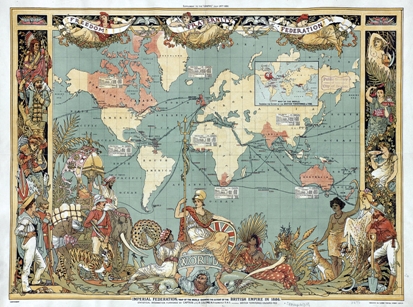World history, Ancient civilizations, Middle Ages, Age of Exploration Enlightenment, Revolution Modern era Globalization, Cultural exchange, Geopolitical dynamics
Embarking on a journey through world history is akin to unraveling the intricate threads of human civilization. From ancient civilizations to modern global interactions, the tapestry of world history is rich with diverse cultures, monumental events, and influential figures. Let us delve into this captivating narrative, exploring key epochs and their lasting legacies.
Ancient Civilizations: Foundations of Human Progress
Ancient civilizations serve as the bedrock of human progress, laying the foundation for future societies. From the majestic pyramids of Egypt to the philosophical insights of ancient Greece, these early societies cultivated knowledge, art, and governance systems that continue to influence the world today. Exploring the rise and fall of civilizations such as Mesopotamia, China, and the Indus Valley offers valuable insights into the complexities of human development.
The Middle Ages: A Tapestry of Faith and Empires
The Middle Ages witnessed the convergence of faith, empires, and cultural exchange. The spread of Islam, the rise of feudalism in Europe, and the flourishing of trade along the Silk Road exemplify the interconnectedness of civilizations during this period. From the Crusades to the Renaissance, the Middle Ages are characterized by dynamic shifts in power, religious fervor, and intellectual awakening, shaping the course of history for centuries to come.
Age of Exploration: Charting New Horizons
The Age of Exploration heralded an era of unprecedented global expansion and discovery. European explorers such as Christopher Columbus, Vasco da Gama, and Ferdinand Magellan ventured into uncharted waters, forging new trade routes and establishing colonial empires. The encounter between civilizations led to cultural exchange, technological innovation, and, tragically, exploitation and conflict. The legacy of the Age of Exploration continues to shape geopolitics and cultural identities worldwide.
Enlightenment and Revolution: Seeds of Modernity
The Enlightenment era marked a profound shift in human thought, emphasizing reason, individualism, and scientific inquiry. Philosophers such as Voltaire, John Locke, and Jean-Jacques Rousseau championed ideals of liberty, equality, and human rights, laying the groundwork for modern democracies. The Age of Revolutions, including the American Revolution and the French Revolution, further propelled the ideals of liberty and self-determination, reshaping political landscapes and inspiring movements for social justice.
The Modern Era: Globalization and Interconnectedness
The modern era is characterized by rapid technological advancements, economic globalization, and geopolitical realignments. The Industrial Revolution transformed societies, ushering in an age of urbanization, mass production, and social upheaval. World Wars I and II reshaped the geopolitical map, leading to the emergence of superpowers and the establishment of international institutions such as the United Nations. The Cold War, decolonization movements, and the digital revolution have further accelerated the pace of change, fostering interconnectedness and cultural exchange on a global scale.
Conclusion: A Continuum of Human Experience
In conclusion, world history is a continuum of human experience, marked by triumphs and tribulations, innovation and conflict, unity and diversity. By delving into the depths of our collective past, we gain a deeper understanding of the forces that have shaped our present reality. As we navigate the complexities of the modern world, let us draw upon the lessons of history to forge a path towards a more equitable, peaceful, and sustainable future.

